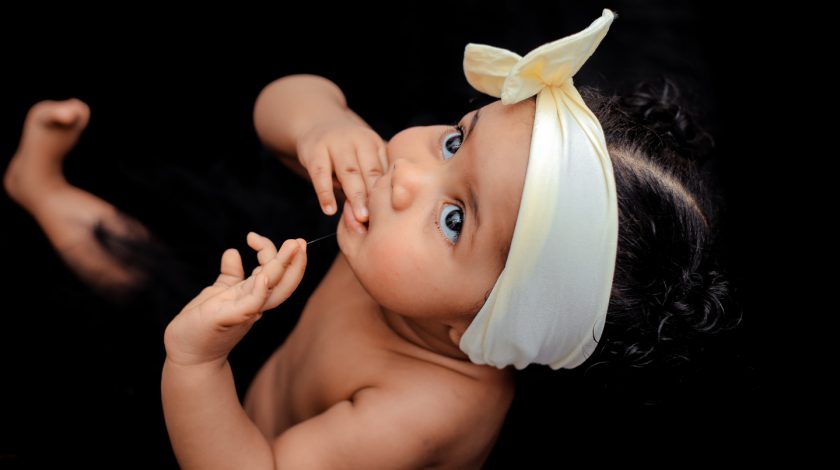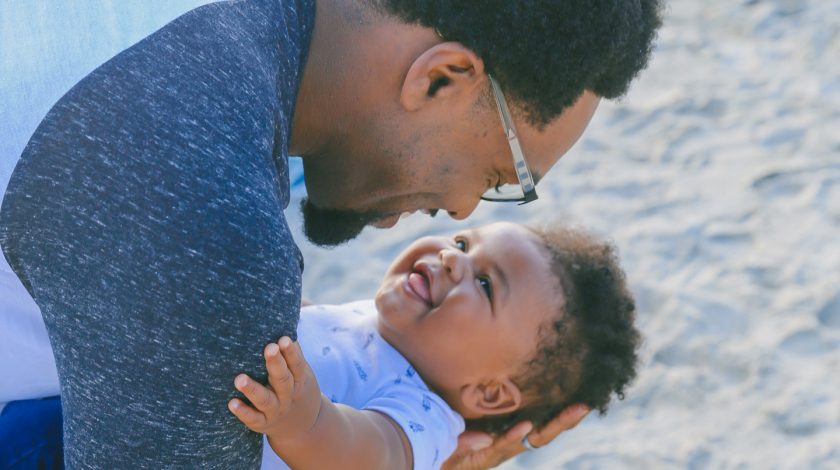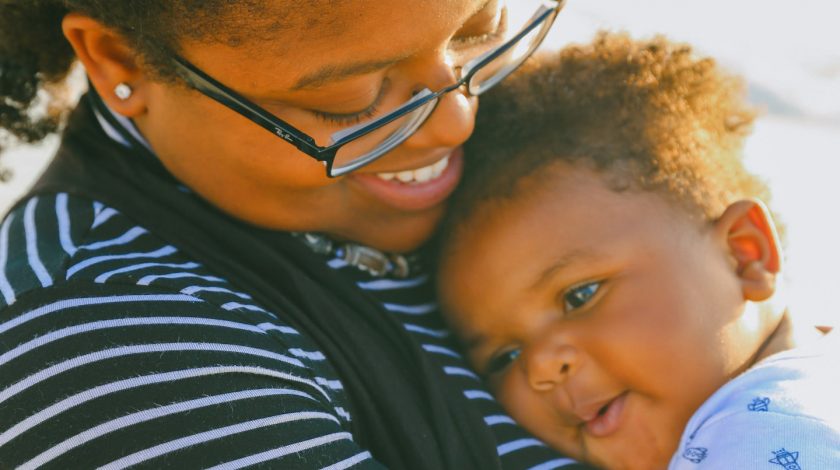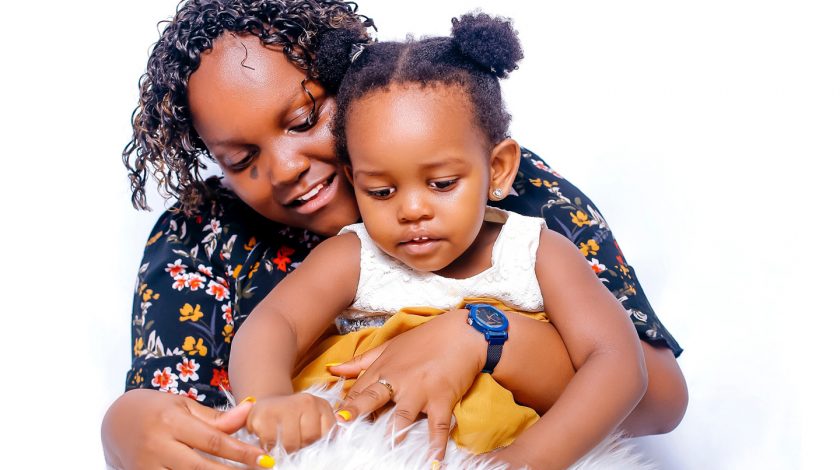How to improve toddler behavior
Toddlers are infamous for tantrums and other behavior issues. To encourage listening and cooperation, follow these parenting tips. Life can be frustrating for toddlers. Though eager to be independent, young children can’t always move as swiftly as they’d like or clearly express their needs. They also tend to have trouble dealing with limits, compromise and disappointment. This can lead to tantrums and misbehavior. But you can teach your toddler to behave well by providing love, clear rules and a degree of routine. Consider these practical parenting tips. Show your love Make sure your displays of affection for your child outnumber any consequences or punishments. Hugs,Read More →









